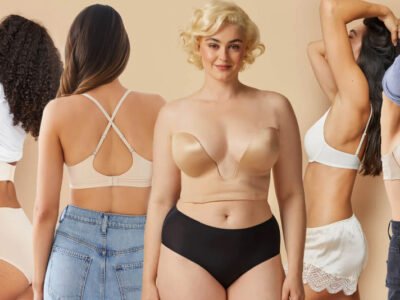Behind the elegance and glamour of the fashion runway lies a highly competitive, fast-moving industry that requires not just extraordinary talent and skills, more so, the credibility, diligence, and techniques to stand out and steal the spotlight on the runway. Of course, many fashion icons who took a leap of fate in the industry succeeded, but now that the competition is tougher than ever, schooling is no longer an option but a requirement.
The fashion industry can be notorious for beginners, especially in countries like Australia where fashion is still considered a big business at home, which is why taking fashion courses in the area of your interest gives you the edge in landing the best career path in the industry, compared to those who were unable to do so.
Taking fashion courses not only equips you with the right knowledge and skills, but it also allows you to gain that confidence by setting the right expectations in the highly competitive fashion industry.
Make your dream fashion career a reality by paying attention to this general guide on selecting the most appropriate fashion-related curriculum.
An advanced degree, a Bachelor’s, a certificate, or a diploma?
Deciding upon the type of schooling depends upon your long-term goal in the fashion industry. For example, an advanced degree in fashion design and merchandising is the best choice if, along with your designing abilities, comes your entrepreneurial side or leadership to start your own fashion business.
Depending on the complementary internship, a Bachelor’s degree, on the other hand, is a good shot if you want to study the other elements of design theory. A Bachelor’s degree can provide you with a solid introduction to almost all the fashion industry’s career pathways.
Should you want to gain intermediate knowledge and skills about a particular field, for instance, how to position your brand in the market, a diploma is the right fit for you. A diploma is usually a one or two-year program designed to prepare you for a range of career pathways.
Lastly, suppose you aim for additional confidence and skills to create, communicate and thrive in the highly competitive fashion environment within a short period of the training program. In that case, a certificate program may be sufficient. With the right training institution, a certificate program in the field of your choice can surely make a difference.
Rule of Thumb
In general, it is worth understanding the course content and course structure of each fashion courses. Surely you researched well enough about the specialization you wish to study; hence studying the course outline should not hurt. Another important area to look at is the credibility of the faculty.
Schools that outsource lecturers from the actual field of profession is a great value add. Aside from the education industry’s employment rate and credibility, knowing that the university reflects authenticity in their assessments is also a good item in the checklist. Ideally, your final culminating activity must be an actual collection accompanied by a well-designed business plan.
Some schools also offer an actual fashion show showcasing the collections of their graduates. Pick a university that allows you to gain experience through an internship, even if it means possible relocation. Regardless, make sure to take every opportunity that you can from your institute or academy, whether internship, attendance in a fashion show or a special session with fashion icons. These experiences will surely make you a better fit for your dream industry.












